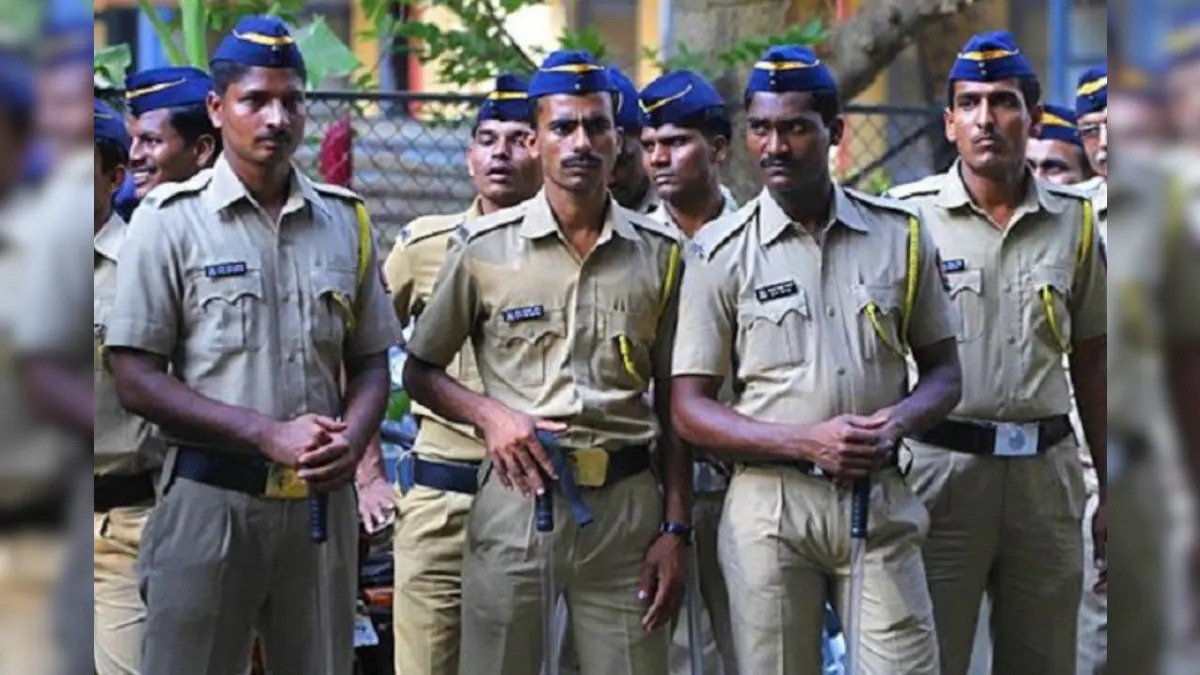After the bodies of two Muslim men were found inside an SUV that had been set on fire in Bhiwani, Haryana, the previous week, their families have made serious allegations against the local police force.

The two men were beaten up by members of the Bajrang Dal because they were suspected of smuggling cows, but it is alleged that police in Haryana witnessed the incident and assisted the men in getting across the border from Bharatpur, which is located in the state of Rajasthan. It is not the question of whether or whether the law was breached that is at issue in this instance; rather, it is about how much latitude police allowed non-state actors to engage in cruel vigilante action in the name of the Haryana Gauvansh Sanrakshan and Gausamvardhan Act, which was passed in 2015.
Mohit Yadav alias Monu Manesar is one of the people identified in the FIR that was filed in Rajasthan. In addition to being an outspoken member of the cow protection task force of the Haryana government, Mohit Yadav is also an avid user of numerous forms of social media. The FIR was filed in Rajasthan.

There is an abundance of videos on his channels that show his “team” running after “cow smugglers,” crashing into their vehicles, beating them, brandishing guns, and other violent acts, and these videos are typically paired to upbeat music. Take into consideration the promptness with which the Nuh SP dismissed the family’ allegations as “groundless.” Because of this, the investigation that led to Monu’s acquittal in the other violent death that took place last month raises some serious doubts about its level of thoroughness.
An additional layer of difficulty has been added to the investigation as a result of allegations made by the family of another suspect that they were badly beaten by police in Rajasthan. Groups such as the Bajrang Dal and the VHP have made threats to organise demonstrations and a mahapanchayat in favour of the accused. The political rift that exists between Haryana and Rajasthan may also make it more difficult for the police to do their jobs. Everything hangs in the balance on whether or if the political leadership in both states sends a message that is unequivocal and unambiguous, stating that law enforcement should act without fear or favour.
In any event, this has absolutely nothing to do with the illegal trade in cattle. For example, Monu and his crew have made it abundantly obvious that they want to violently punish individuals who participate in “love jihad” as well. In proportion to the extent that vigilante organisations, with or without the official authority of the state, continue to police the actions of ordinary inhabitants, the state will inevitably crumble under the weight of the anarchy that this results in. Even if there were no other reason, governments should take steps to combat vigilantism in order to safeguard their own interests.

